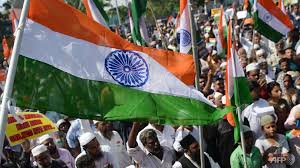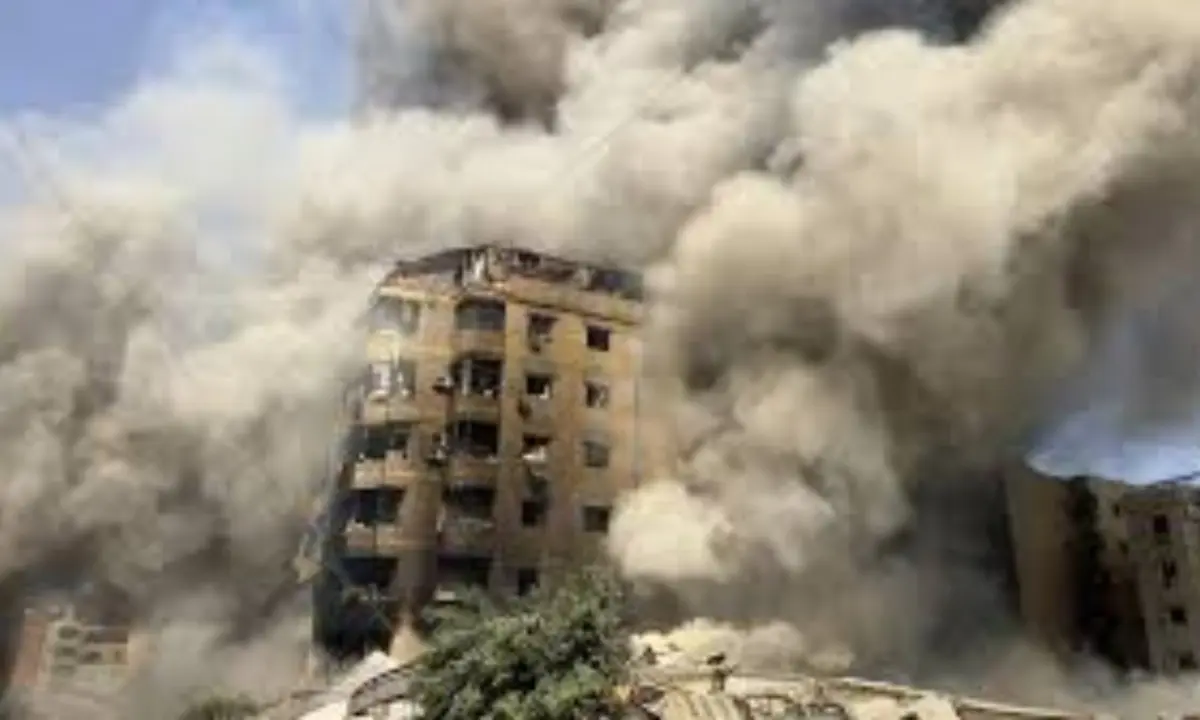The only contribution that Pakistan can make to help the people of Kashmir is to stop state-sponsored terrorism, the Minister in India’s UN Mission, Nitish Birdi has said
He gave the indication on Tuesday while replying to the Pakistani envoy’s comment about Kashmiris needing UN humanitarian aid.
He added that Pakistan’s representative continuously misuses UN platforms to spew “malicious and false propaganda” against India “like a broken record”.

Speaking at a session of the Economic and Social Council on Humanitarian Affairs, Pakistan’s Permanent Representative Munir Akram had said that the people of Kashmir were “in dire need of humanitarian assistance” and UN has no access to them.
Exercising the right of reply, Birdi said, “The Union Territories of Jammu and Kashmir and Ladakh were, are and will always remain integral part of India. This includes the areas that are under the illegal occupation of Pakistan.”
He added, “No amount of rhetoric and propaganda from any country can deny this fact.




